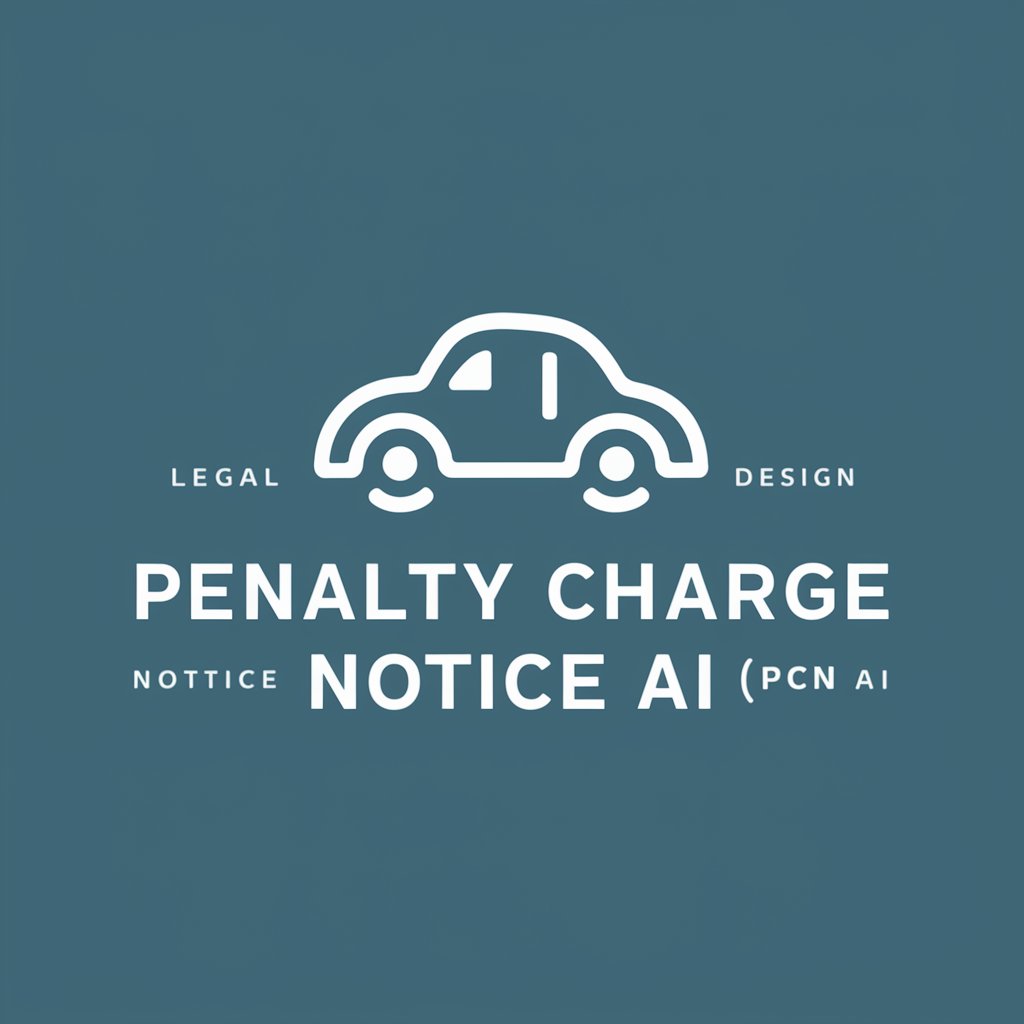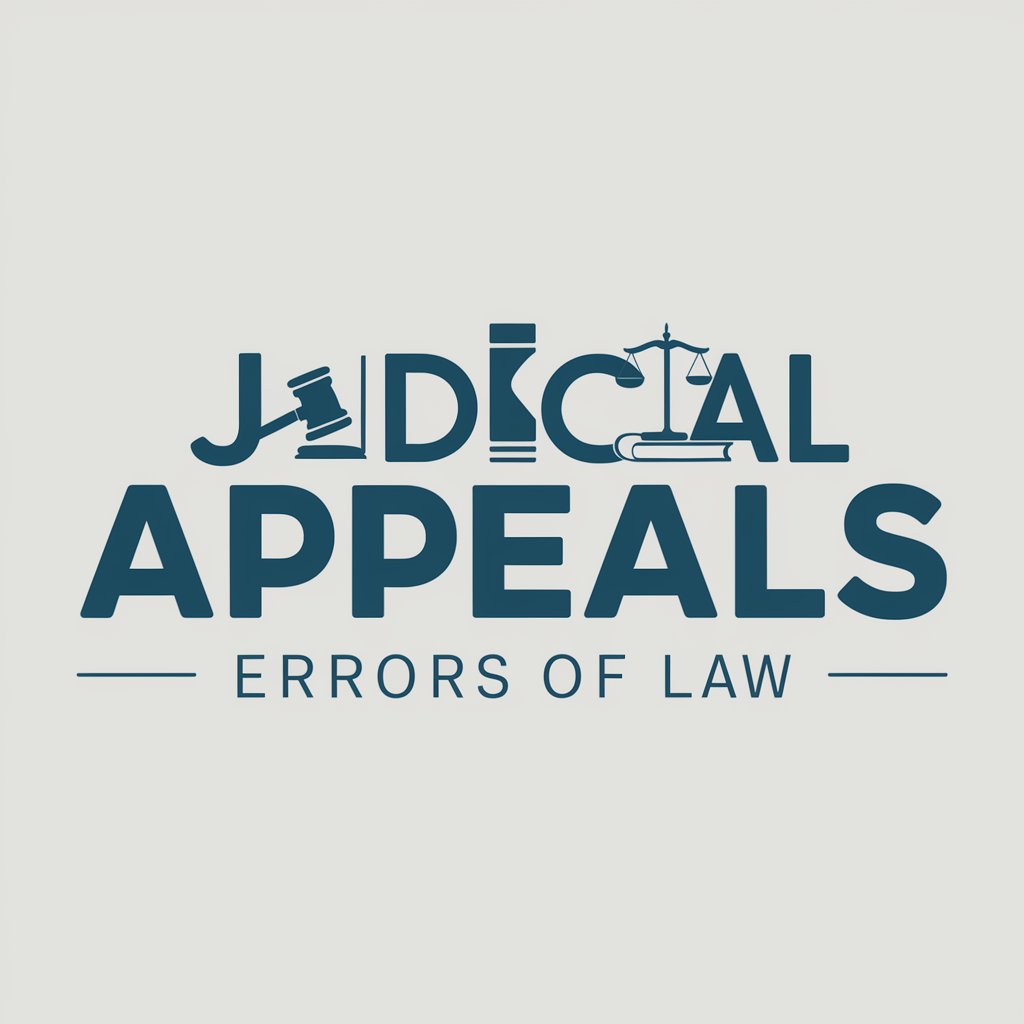3 GPTs for Appeal Drafting Powered by AI for Free of 2025
AI GPTs for Appeal Drafting are advanced artificial intelligence tools designed to assist in the creation and refinement of appeals across various domains. Leveraging Generative Pre-trained Transformers, these tools specialize in generating, editing, and optimizing appeal documents. By understanding context and content requirements, they provide personalized drafting solutions, enhancing the efficacy of appeals in legal, administrative, or organizational settings. Their significance lies in their ability to offer tailored drafting assistance, streamlining the appeal process and increasing the chances of a favorable outcome.
Top 3 GPTs for Appeal Drafting are: Amazon Appeal Expert,Penalty Charge Notice (PCN) AI,Judicial Appeals: Errors of Law
Distinctive Attributes and Capabilities
AI GPTs for Appeal Drafting boast a range of unique features that cater to the drafting process. Key capabilities include natural language processing for understanding and generating complex legal texts, adaptability to various appeal contexts, and customization options for specific requirements. Special features may encompass language learning for multilingual support, technical assistance for navigating legal databases, web searching for precedent cases, image creation for supporting documents, and data analysis for predicting appeal outcomes.
Who Benefits from AI Drafting Tools
The primary beneficiaries of AI GPTs for Appeal Drafting include legal practitioners, paralegals, law students, and individuals navigating the appeal process. These tools are designed to be accessible to novices without coding skills, providing intuitive interfaces and guided assistance. For developers and legal tech professionals, they offer advanced customization options, enabling the integration of AI capabilities into existing legal workflows or the development of specialized applications.
Try Our other AI GPTs tools for Free
Infringement Issues
Explore AI GPT tools tailored for infringement issues, offering advanced solutions for IP rights protection with adaptable, user-friendly features suitable for a wide audience.
Industry Simulation
Explore AI GPTs for Industry Simulation: tailored AI tools for dynamic, data-driven industry process modeling and decision-making insights.
Academic Schedules
Discover how AI GPTs for Academic Schedules revolutionize planning and management in education, offering customizable, efficient scheduling solutions.
Business Events
Explore how AI GPTs revolutionize business events with automation, real-time insights, and tailored solutions, making event planning efficient and interactive.
Academic Showcase
Unlock the potential of education with AI GPTs for Academic Showcase, your go-to solution for enhanced learning, research, and academic creativity.
Project Visibility
Explore AI GPTs for Project Visibility: Tailored AI solutions enhancing project management through predictive analytics, automated reporting, and integrative capabilities.
Enhanced Customization and Integration
AI GPTs serve as customized solutions across different sectors, not only in legal but also in administrative and organizational appeal processes. Their user-friendly interfaces facilitate easy integration with existing systems or workflows, offering a streamlined approach to document drafting. Additionally, their ability to adapt to specific user requirements and contexts ensures that they remain a valuable asset in any appeal drafting endeavor.
Frequently Asked Questions
What exactly is AI GPT for Appeal Drafting?
AI GPT for Appeal Drafting is a specialized AI tool that uses generative pre-trained transformers to assist in creating, editing, and optimizing appeal documents across various fields.
Who can use these AI GPT tools?
They are suitable for legal practitioners, paralegals, law students, and anyone involved in the appeal process, catering to both novices and professionals with programming expertise.
Do I need coding skills to use these tools?
No, these tools are designed to be user-friendly for individuals without coding skills, offering intuitive interfaces and guided drafting assistance.
Can these tools be customized?
Yes, they offer customization options for users with programming knowledge, allowing for tailored solutions and integration into existing legal tech environments.
How do these tools understand complex legal language?
They leverage advanced natural language processing capabilities to interpret and generate complex legal texts, ensuring relevance and accuracy in appeal documents.
Can AI GPT tools predict the outcome of an appeal?
Some AI GPT tools incorporate data analysis features to analyze past cases and trends, potentially offering insights into the likelihood of an appeal's success.
Are these tools multilingual?
Many AI GPT tools for Appeal Drafting are equipped with language learning capabilities, supporting the creation of appeals in multiple languages.
How can AI GPT tools enhance the appeal drafting process?
By automating the drafting process, providing contextually relevant suggestions, and optimizing the content for clarity and persuasiveness, these tools can significantly enhance the quality and effectiveness of appeal documents.


